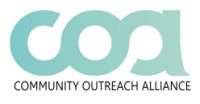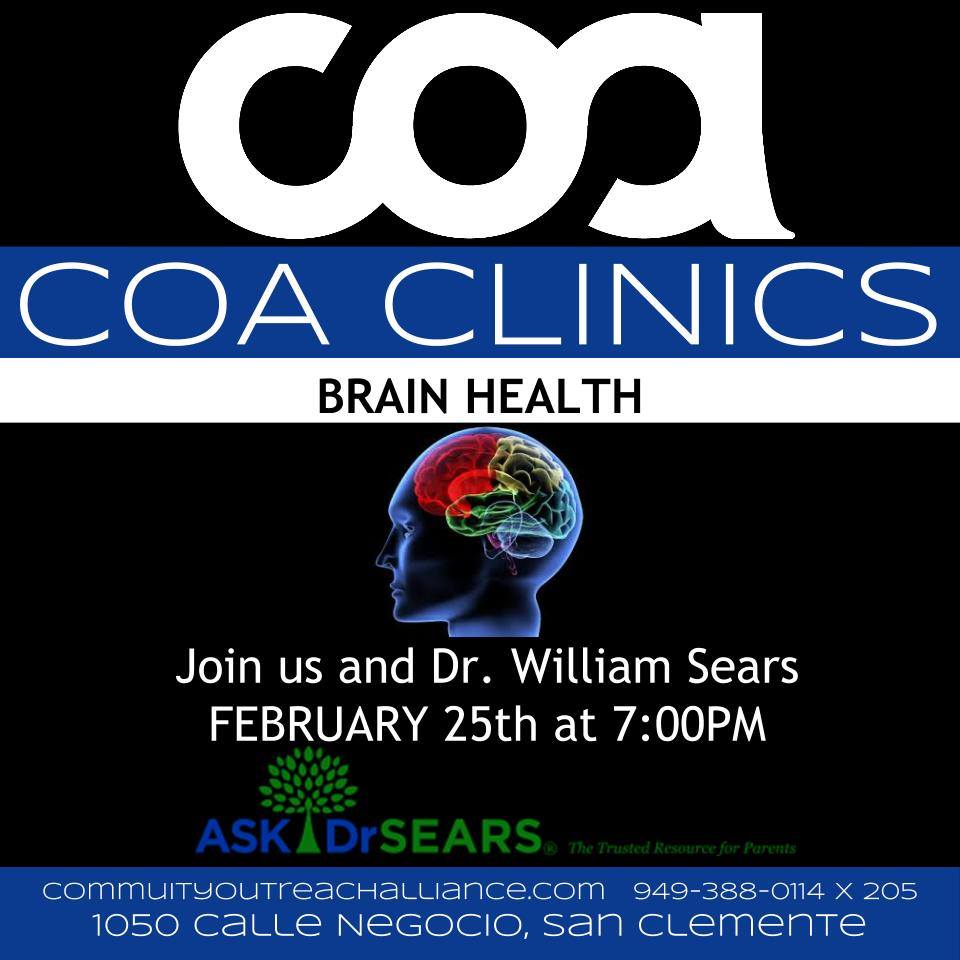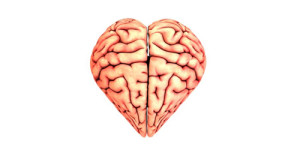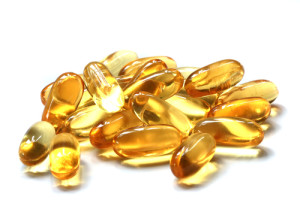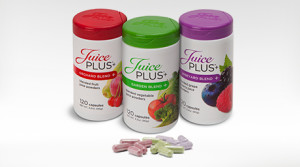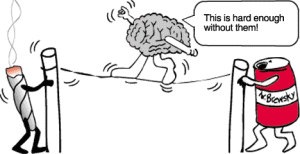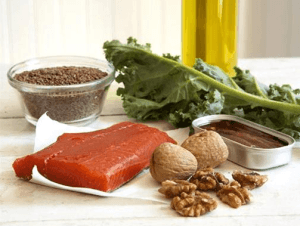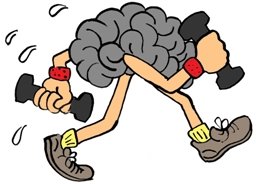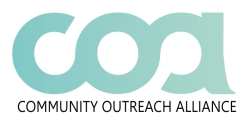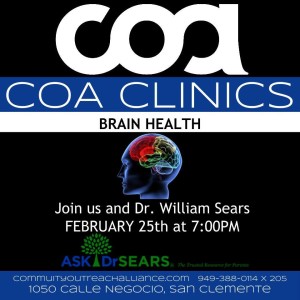Brain Health ~ by Kristen Schultz
Your brain is widely regarded as your most important organ, responsible for directing the operations of your entire physical body through your central nervous system. It supervises a wide and vital range of functions, including the release of hormones, formulation of cognitions, and regulations of moods and emotions. The human brain is remarkable, able to allow humans to absorb vast quantities of knowledge, express great talent, advocate for important causes, lead armies, nurture children, show compassion, find solutions, create and experience life’s great emotions of joy, peace, hope and love.
While strong, your brain is also the most vulnerable organ in your body. When your brain is out of chemical balance, misfiring, improperly fed, stressed, injured or damaged, you can experience a loss of ability to focus, recall, reason, make safe choices, see the beauty and hope in life or experience true joy and peace. According to psychiatrist Dr. Himasiri DeSilva, depression is responsible for more loss of human potential than any condition known to man. Depression has been described as the “torment disease”.
Resolving brain health struggles is not an exact science. Great time, expense and suffering may be invested before correct diagnoses are achieved and real help is found. On average, someone with bipolar disorder suffers for 20 years before a correct diagnosis is made. Parents struggle to find help for their child who can’t seem to concentrate or process information like his peers. ADD and ADHD are being diagnosed at alarmingly higher rates. Alzheimers seems to steal the person we have loved for so long. Social stigmas, labels, fear, confusion or previous bad reactions to medical treatment often keep those suffering from getting the help they need. When hope is lost and suffering unabated, tragedy may result.
 The good news is that healthy lifestyle choices in food, exercise and stress management can have a powerful, positive impact on your mental health. Medical research reveals nutrition and exercise can have profound impact on ADD/ADHD, depression, anxiety, symptoms of OCD, PTSD and occurrence of suicide. For instance, Dr. William Sears – a nationally respected pediatrician, author of over 35 books on healthcare and nutrition, and currently writing a book on Brain Health – notes that the type of fat we feed our brains is critically important. A recent study showed the majority of military suicide victims had low levels of DHA, which can found in protective Omega 3 fats. The DHA found in Omega-3 fatty acids appears to play a key role in brain function, and supplementation with the fatty acid appears to have wide-ranging psychiatric benefits. In her article published by the Los Angeles Times, Melissa Healy states, “Supplemental DHA has been found to enhance the effectiveness of antidepressants, to improve symptoms of attention deficit disorder and forestall the initial onset of psychosis in people at risk for schizophrenia.”
The good news is that healthy lifestyle choices in food, exercise and stress management can have a powerful, positive impact on your mental health. Medical research reveals nutrition and exercise can have profound impact on ADD/ADHD, depression, anxiety, symptoms of OCD, PTSD and occurrence of suicide. For instance, Dr. William Sears – a nationally respected pediatrician, author of over 35 books on healthcare and nutrition, and currently writing a book on Brain Health – notes that the type of fat we feed our brains is critically important. A recent study showed the majority of military suicide victims had low levels of DHA, which can found in protective Omega 3 fats. The DHA found in Omega-3 fatty acids appears to play a key role in brain function, and supplementation with the fatty acid appears to have wide-ranging psychiatric benefits. In her article published by the Los Angeles Times, Melissa Healy states, “Supplemental DHA has been found to enhance the effectiveness of antidepressants, to improve symptoms of attention deficit disorder and forestall the initial onset of psychosis in people at risk for schizophrenia.”
Degenerative brain diseases like MS, ALS, dementia and Alzheimer’s can also be impacted by nutrition and healthy lifestyle choices. Dr. Vince Fortunasce, Clinical Professor of Neurology at USC, a renowned bio-ethicist and author of The Alzheimer’s Prescription, states that Alzheimer’s begins at birth in what we feed our body and brain. Dr. Fortunasce also states that based on research, risk of Alzheimer’s can be cut by 50% simply by eating at least 5 servings of fruits and vegetables a day. The United States Department of Agriculture (USDA) recommends we eat 7 to 13 servings of fruits and vegetables a day, every day. Most people do not come anywhere close.
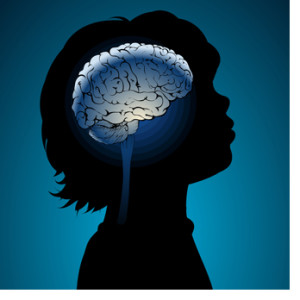
Dr. William Sears serves on the Board of the largest observational study of children’s health in the history of the world, The Juice Plus+ Children’s Health Study. Close to one million children have received free Juice Plus+ as their parent also consumes Juice Plus+, a whole food concentrate made from 20 fresh fruits and vegetables. After only 4 to 8 months, over half the children and nearly two-thirds of the adults are eating more fruits and vegetables every day. Parents and children are eating less fast food, drinking fewer soft drinks and drinking more water. They are visiting the doctor less, missing fewer days of school and work and are taking fewer over-the-counter and prescription drugs. Ninety percent of participants are achieving a positive health benefit of some kind. To learn more go to www.jp4greathealth.com and click on Children’s Health Study.
Feeding the brain healthy food is critical, yet it is a topic often overlooked by physicians treating those with ADD, ADHD, anxiety, depression and those recovering from alcohol and drug abuse. Brain-healthy food gives the body nutrients to increase energy, build and repair organ tissue damaged from affliction or addiction, and strengthens immune function. Research suggests nutrition can also improve mood by balancing brain chemicals (increasing “feel good” neurotransmitters) that positively influence behavior. Exercise is also proven to increase mood elevating endorphins.
Many teens and young adults turn to drugs and alcohol to numb feelings of inadequacy, to medicate their ADD, PTSD, anxiety or depression. While temporary relief may be experienced, these same drugs will worsen all brain conditions. The very act of ingesting drugs or alcohol wreaks havoc on the brain. Nutritional deficiencies result from the way drugs and alcohol change appetite (some alcoholics consume 50% of their calories a day in alcohol) and impede nutrient breakdown and assimilation. There is also the loss of key nutrients during withdrawal symptoms. Dr. Sears explains that alcohol is immediately absorbed in the stomach, raises blood sugar levels, increases inflammation, increases body fat (medical reason for “beer belly”) and then the consumer experiences the crash of blood sugar dropping. Alcohol when consumed to alleviate feelings of anxiety and depression may seem to provide the sufferer temporary relief. However, over time, alcohol consumption may exacerbate depression, damage the brain, heart and liver, negate the ability of medications to treat depression, and lead to addiction, while never addressing the underlying source of anxiety and depression.
What can we do to improve and protect brain health?
- Feed Your Brain
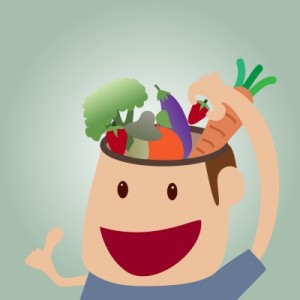 Dr. Sears states in his Brain Health talks, “Your brain is 60% fat! Fat is the tissue most vulnerable to oxidation and inflammation.” Therefore it is critical you feed your brain healthy fats that protect brain cells like wild salmon, avocado and raw nuts, not hydrogenated and Trans fats that damage brain cells and increase inflammation.
Dr. Sears states in his Brain Health talks, “Your brain is 60% fat! Fat is the tissue most vulnerable to oxidation and inflammation.” Therefore it is critical you feed your brain healthy fats that protect brain cells like wild salmon, avocado and raw nuts, not hydrogenated and Trans fats that damage brain cells and increase inflammation.
Inflammation is also a leading cause of depression. Dr. Sears who is currently publishing a book entitled The Inflammation Solution, claims that ADD, ADHD, Autism and Depression are all on the inflammatory spectrum. To reduce inflammation, promote health, protect and heal the brain, Dr. William Sears recommends focus on the 5 S Diet that is rich in fruits and vegetables and brain healthy fats:
- Salads: Eat more antioxidants in fruits and vegetables that decrease oxidation and inflammation in the brain.
- Seafood: Eat “right fat” – Omega 3s from wild salmon, wild salmon fish oil and raw nuts that protect and heal the brain. New studies show that the vast majority of military suicide victims were low in Omega 3s.
- Spices: Spices also lower inflammation and act as a natural anti-depressant, like turmeric, black pepper, cinnamon, ginger, garlic, rosemary and chilies.
- Smoothies: Start the day with a smoothie made with dark colored fruits and fresh “neuroprotective” berries and a nutrient protein powder (Dr. Sears recommends and personally uses Juice Plus Complete) for more brain protecting nutrition. Skip white sugar and white flour products that spike blood sugars and mood. Sipping on smoothies helps keep brain chemicals even.
- Supplements:
- Omega 3 Fish Oils, particularly salmon oil from Alaska (vitalchoice.com).
- Whole food concentrate to bridge nutritional gaps. Sears and Wellness Educator Kristen Schultz personally take and recommend medically proven Juice Plus+ in capsules and gummy form (FREE for students with Children’s Health Study). www.jp4greathealth.com
- Exercise
Dr. Sears and Dr. Fortunasce also recommend exercise for brain health. Dr. Sears’ advice to his pediatric and adult patients is, “Go outside and play.” Exercise dials down stress, balances hormones, increases feel good brain chemicals like serotonin, decreases heart rate and blood pressure, stimulates natural pain relieving opiates in the brain, boosts the immune system, and nature provides what neuroscientists refer to as “visual valium.”
- Stay Connected
Research shows regular social activity promotes creation of new brain cells and supports brain repair. Involvement in service also provides what Dr. Sears calls “The Helper’s High.” Find your passion and get involved with others who share your passion. Join a club, team, church, gym, or art group. COA, or Community Outreach Alliance, provides fun, sober social activities for those in the local South Orange County community.
Feeding the brain healthy foods, music, friends, community and exercise can improve mood, focus, quality of life and length of life.
To hear Dr. William Sears speak live on the topic of BRAIN HEALTH, please join us at the next COA Clinic, February 25th at 7 pm. Talega Life Church, 1050 Calle Negocio, San Clemente, CA 92683. Educational clinic will be held in the community venue behind the preschool and is open to the public.
http://www.childrenshealthstudy.com/
The Anti-Alzheimer’s Prescription, Vince Fortunasce, MD, published 2009
The Inflammation Solution, William Sears, MD, published 2015
The Healthiest Kid in the Neighborhood, William Sears, MD, published 2006
http://www.defense.gov/News/NewsArticle.aspx?ID=118350
http://articles.latimes.com/2011/aug/24/news/la-heb-suicide-military-omega3-20110824
